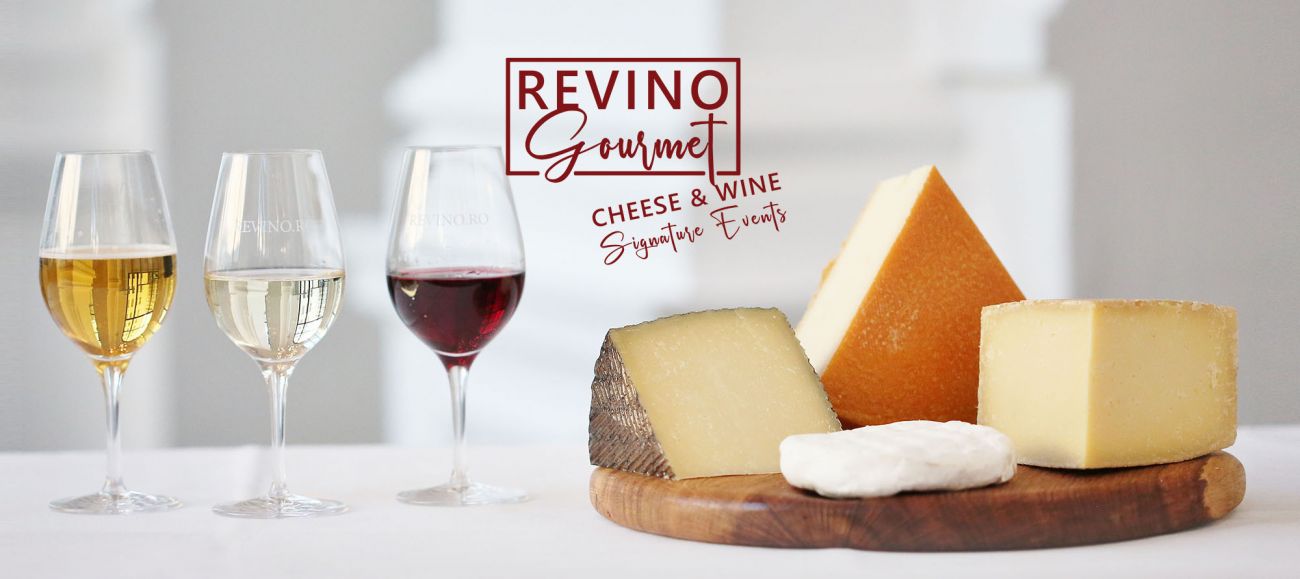Biodynamic wines have become increasingly popular in recent years, attracting the attention of wine enthusiasts and environmentally conscious consumers alike.
Biodynamics is a holistic and sustainable method of agriculture based on principles developed by Rudolf Steiner in the 1920s. This approach treats the farm as a living, integrated organism, where all components—soil, plants, animals, and people—are interconnected and support each other. Biodynamic practices focus on soil regeneration, plant health, and ecological balance.

Key Biodynamic Practices
A central aspect of biodynamic agriculture is the use of biodynamic preparations made from natural ingredients such as compost, medicinal plants, and minerals. These preparations are applied to the soil and plants to stimulate fertility and vitality. Biodynamic farmers also follow an astronomical calendar, which considers the phases of the moon and the positions of the planets to schedule agricultural activities such as planting, harvesting, and compost preparation. Each day corresponds to one of the elements: earth, fire, air, and water. Activities are organized accordingly: fruit days (ideal for harvesting grapes), root days (for pruning), leaf days (for watering), and flower days when the vineyard should remain undisturbed. This reflects a holistic agricultural philosophy as defined by its practitioners.
Biodynamic agriculture adheres to organic farming standards, but following the lunar calendar is essential. The biodynamic practices calendar is available here.
Biodynamic Certification
Biodynamic wines are certified by international organizations that ensure compliance with the strict standards of biodynamic agriculture. This includes not only the exclusion of chemical pesticides and herbicides but also the implementation of practices that promote biodiversity, water conservation, and soil health.
Globally, there are two major organizations: Demeter International and Biodyvin, a group of 215 winegrowers primarily from France, as well as from Belgium, Germany, Greece, Italy, Portugal, and Switzerland.
Benefits of biodynamic wines
Biodynamic wines offer numerous benefits for both consumers and the environment:
- Quality and authenticity of taste: Biodynamically grown grapes are often healthier and more balanced, leading to wines with more complex and authentic flavors. Many wine connoisseurs appreciate biodynamic wines for their purity and distinctive character, which faithfully reflect the terroir from which they come.
- Consumer health: Biodynamic wines are produced without synthetic chemicals, reducing the risk of exposure to pesticide residues and other toxins. These wines typically contain lower levels of sulfites, which can cause allergic reactions or headaches in some people.
- Positive environmental impact: Biodynamic agriculture promotes soil health and biodiversity, contributing to a more balanced and sustainable ecosystem. Biodynamic practices help conserve water, reduce soil erosion, and sequester carbon, thereby combating climate change.
- Supporting local economy: Worldwide, most biodynamic wine producers are small farmers and vintners who focus on quality and sustainability. By choosing biodynamic wines, consumers support these local businesses and contribute to the development of rural communities.
Biodynamic wines represent an innovative and sustainable approach to winemaking, blending agricultural traditions with modern principles of ecology and sustainability. These wines not only offer an authentic and complex tasting experience but also help protect the environment and support local communities. As consumers become increasingly aware of the impact of their choices, biodynamic wines will continue to gain popularity, reflecting a positive shift in how we produce and consume wine.
20/04/2024










